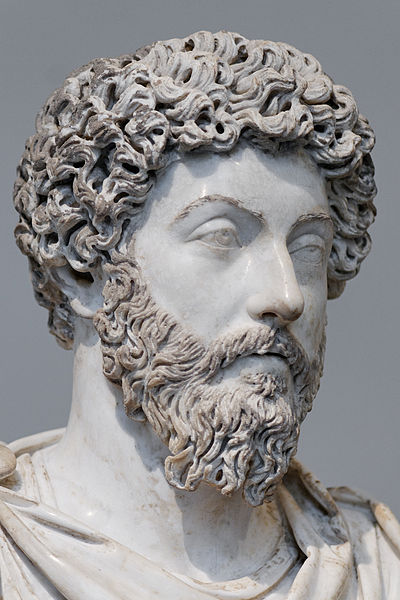Becoming something of a majority leader, Cato pressed his conservative optimates to pass a resolution condemning Pompey’s attempt to change election law for his own interest…
The Stoic leading the statehouse thwarted the conqueror at every turn, using his now-perfected filibuster to kill the populist legislation. With little room to maneuver, Pompey would try a new approach.
—Pat McGeehan, Stoicism and the Statehouse (2017), p. 56–7.
This passage from West Virginia state delegate Pat McGeehan’s recent book illustrates one of many ways that today’s students of Stoic tradition have found it to be a rich resource for ongoing political inspiration.
Connecting the framework of Stoic virtue ethics to something as detailed and multi-faceted as politics is no simple task. In this post, I want to propose that while Stoic political engagement is varied (and can be found on both the left and the right), overall it is unified by three broad principles: cosmopolitanism, non-retribution, and an ethic of service.
Continue reading “What Political Ideas are Supported by Stoic Philosophy?”


